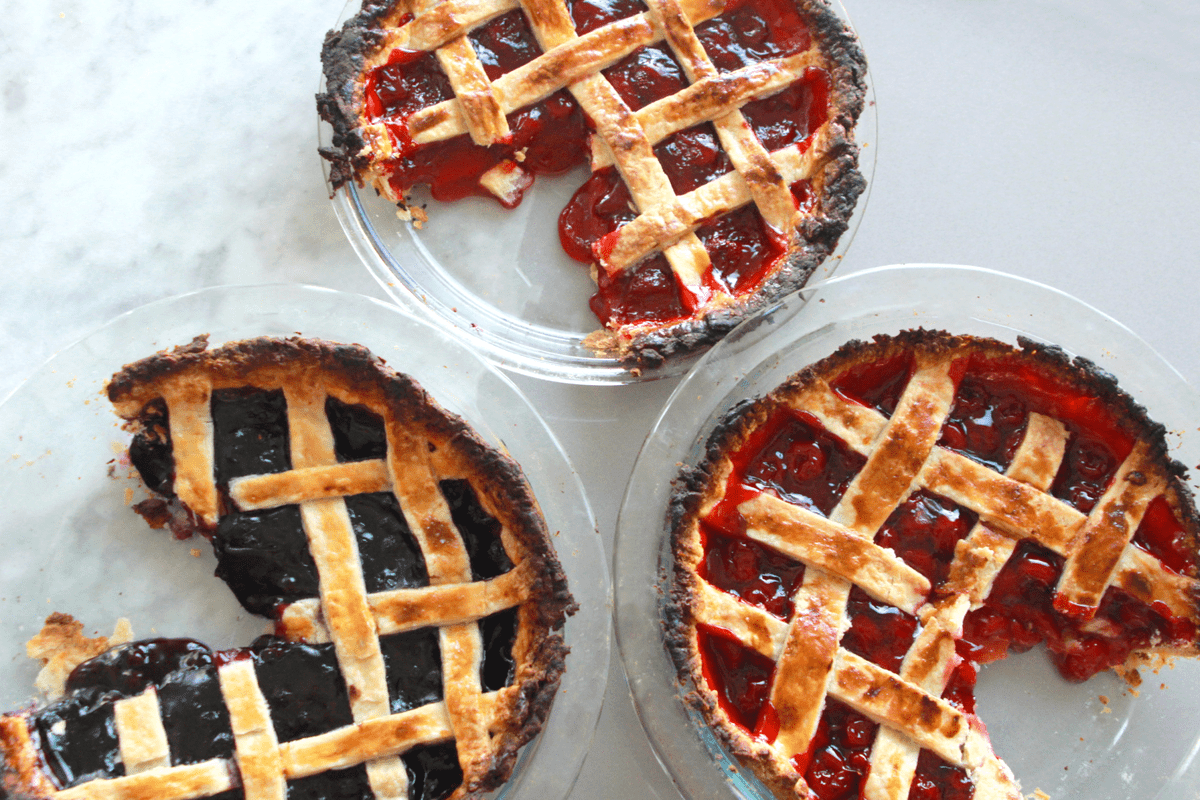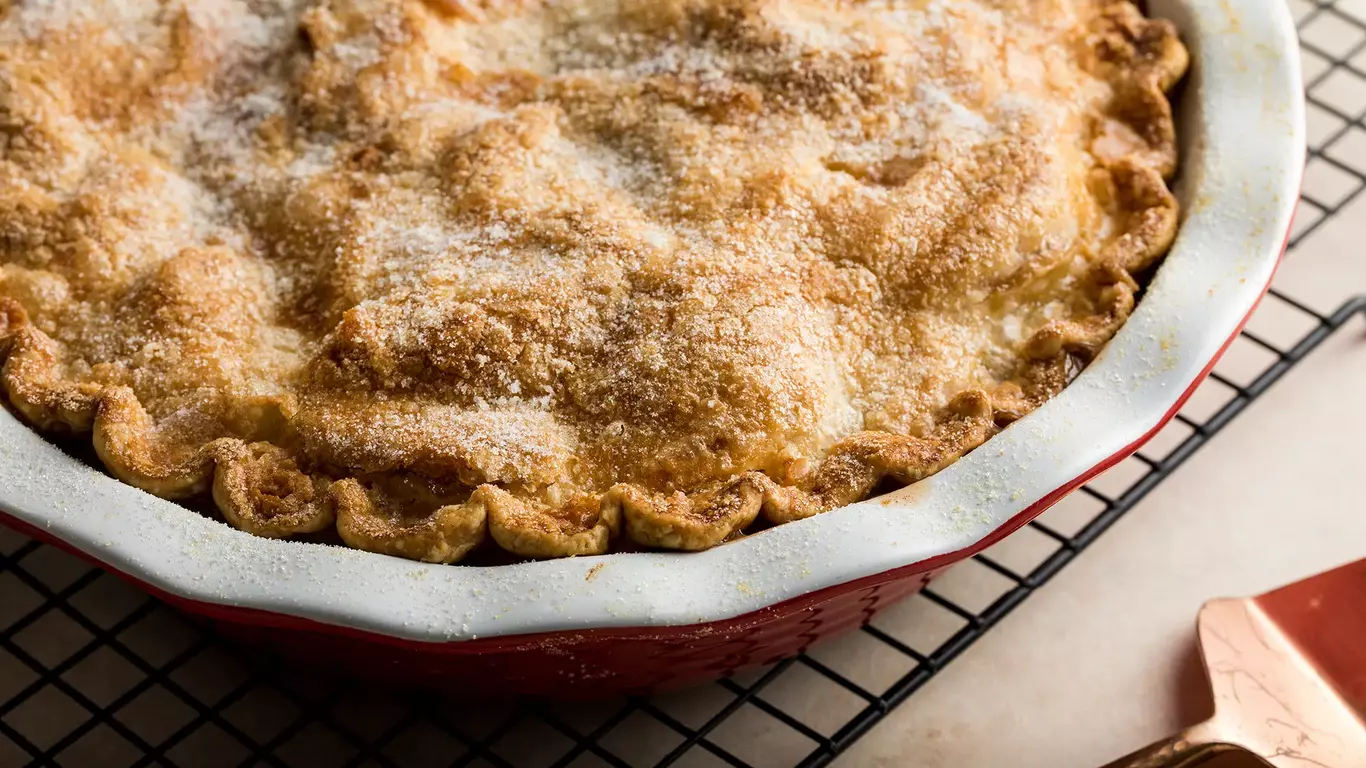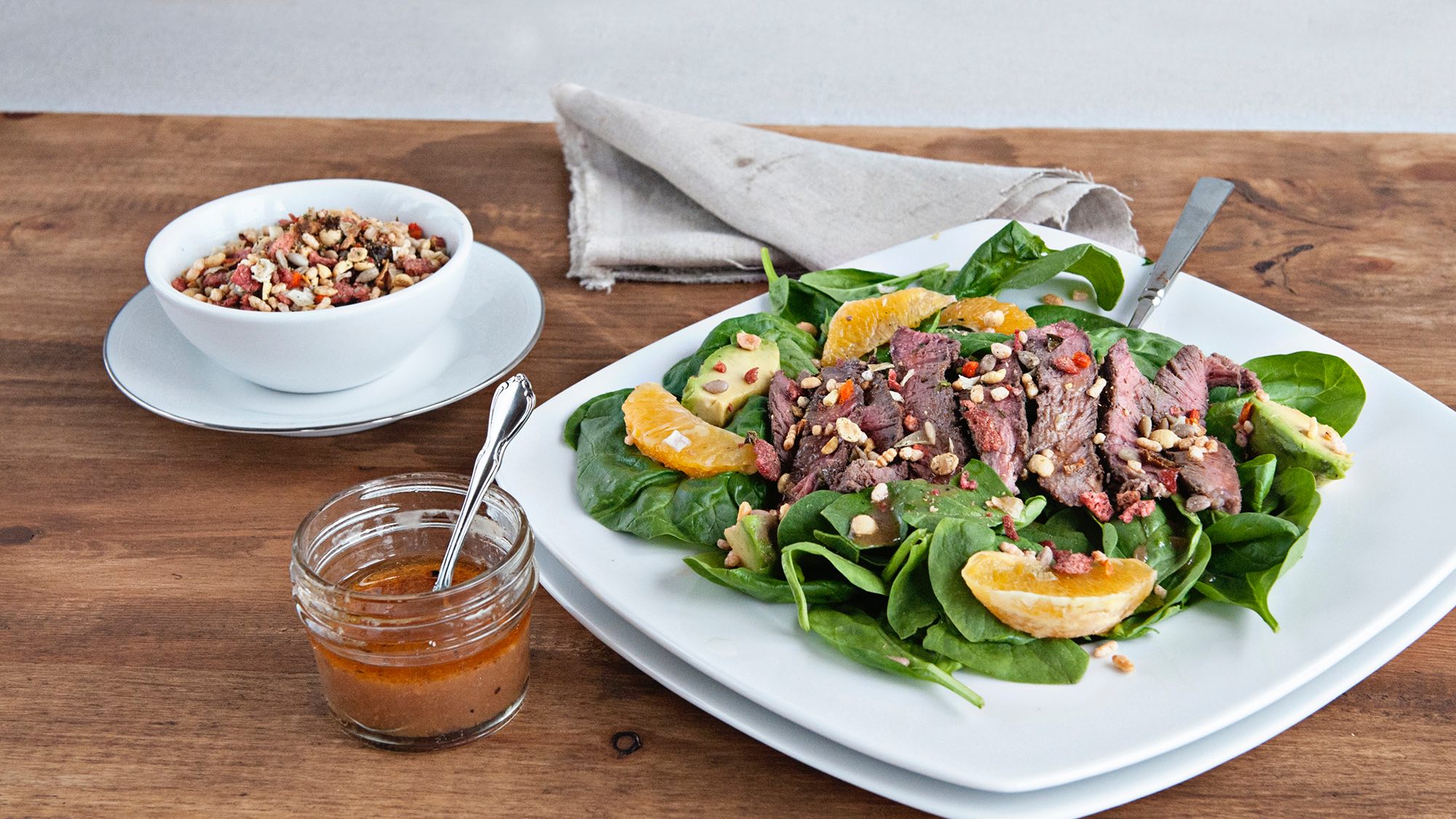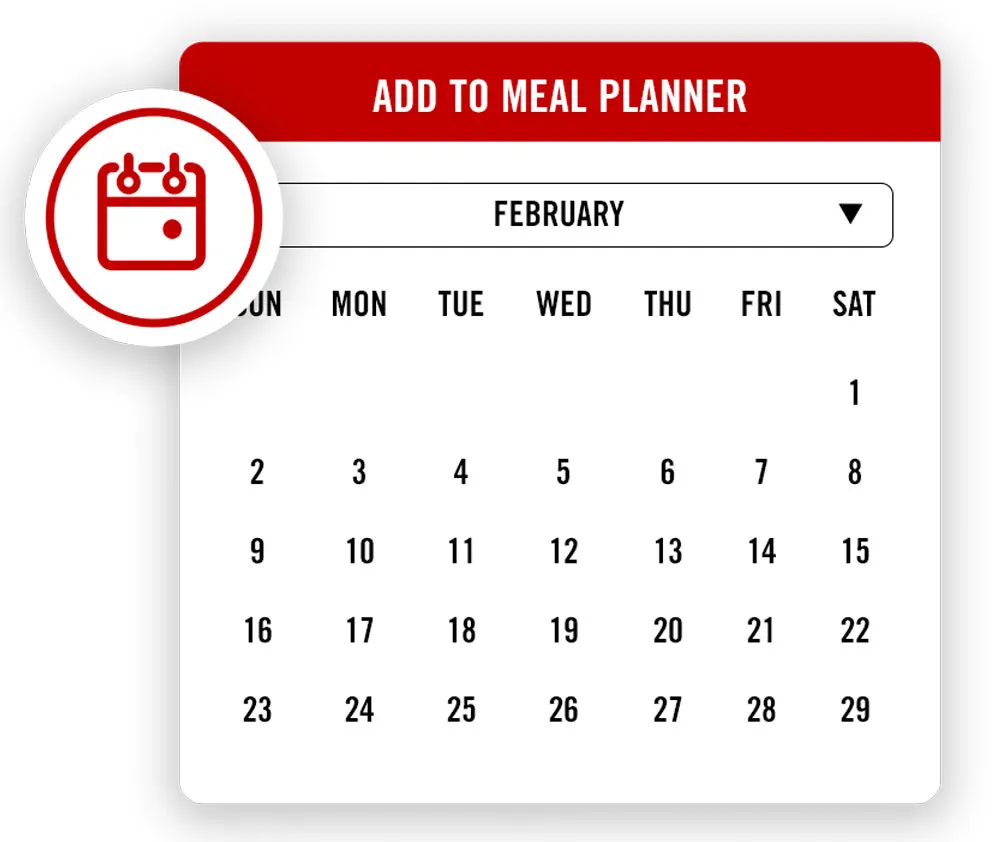Don’t be intimidated. Homemade pie crust is as easy as following a few simple steps.
Fall is officially pie season, thanks to the pie-centric holidays coming up soon. But of course, there’s no rule that says you can’t eat pumpkin pie in March or a beautiful fruit galette in November. The key ingredient to throwing together a great pie whenever you want is a great pie crust. Sure, you can buy it from the store, but once you know how to make it yourself, it’s often cheaper and tastier to do at home. All you need is five key ingredients: Flour, butter, a little sugar, a little salt, and cold water. Here’s how to make homemade pie crust, step by step.

I Tested Two “Secret” Ingredients in Pie Crust and Only One Made A Difference
Annie Campbell
Make Sure Everything Is Cold
One of the keys to making a flakey pie crust is keeping the butter cold. You want the butter to integrate into the flour without the butter melting. Why? When cold butter in the dough hits the hot oven, it melts and releases small amounts of steam, which creates the texture of a flakey, tender pie crust. Don’t take the butter out of the fridge until you’re ready to make the pie crust. If when you’re mixing things together, you see the butter getting too warm, don’t panic. Just pop the bowl into the fridge for ten or fifteen minutes to allow things to firm up, and then proceed.

How to Make Pie Crust: Mix Gently
Photo © John Kernick
Mix the Flour and Fat
The first step of putting together a pie crust is integrating the fat and flour. Our Classic Pie Dough Recipe from Culinary Director-at-Large Justin Chapple makes a tender dough that produces enough for one double-crust pie. We’re going to use two sticks butter, cut up and chilled, and two-and-a-half cups of flour, plus a tablespoon of granulated sugar, and a teaspoon of kosher salt. Chapple recommends using the food processor to make pie dough, a great method, particularly if you’re just starting out or if mixing by hand is difficult for you. Put the ingredients in the bowl of the food processor and pulse the mixture in one-second bursts until it looks like coarse meal.
If you don’t have a food processor, or you’d rather do it by hand, no problem. Combine the flour, butter, sugar, and salt in a large mixing bowl, and use your hands, a fork, or a pastry blender to cut the butter into the flour. You can use your fingers to rub the larger clumps of butter into the flour until they are all the size of a pea or smaller.
Add Cold Water
Various pie dough recipes call for different liquids, including vinegar, vodka, and yogurt. In this recipe, we’re going to go with something readily available: Cold water. Ice water is ideal. Once your flour and fat is incorporated, slowly drizzle in the cold water to the food processor, pulsing until the dough comes together. Chapple calls for a half cup of water, but it can vary depending on the kind of flour and butter you’re using, or even the humidity in the air. The best practice is to add in half, and pulse the meal until it comes together, then add the rest a teaspoon at a time until it gets to the right consistency. You want a dough that’s tacky, but not sticky to the touch.
If you’re not using a food processor, drizzle the water in and mix the dough with a fork until it comes together.
Now Chill
Turn the dough out onto a work surface, like a floured counter, and pat it into two discs. Wrap the discs in plastic wrap, and then put them in the fridge to chill again for 45 minutes. This step makes sure that the butter stays cold, and it allows the strands of gluten in the dough to relax. Relaxed gluten makes for a more tender, less chewy crust.

How to Make Pie Crust: Roll Out
Photo © John Kernick
Roll It Out
Working with one pastry disc at a time, put them on a floured workspace. Dust both sides of the round and your rolling pin with flour, and then roll the dough into a 9-inch circle. Slide it onto a piece of parchment paper and tuck it back in the fridge. Repeat with the other portion of pastry, and either use it to top the filling of the pie, as in this apple pie, or use it as the bottom crust of another pie. You can also wrap it tightly in plastic wrap and freeze it for up to six months. Next time you want pie, just put it in the fridge to thaw out the day before you need it.
Press Into the Dish
Take one of the pastry circles and press it into the bottom of a 9-inch pie dish. Trim any dough that hangs off the edge of the pan with scissors or a knife. That’s it. You made pie dough! Now you have to figure out what kind of pie you want to fill the crust with.
This article was written by Margaret Eby from Food & Wine and was legally licensed through the Industry Dive publisher network. Please direct all licensing questions to legal@industrydive.com.







